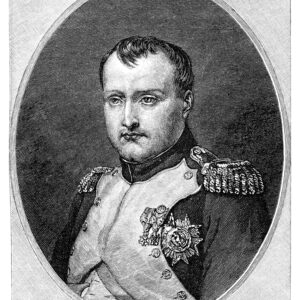The recent feature film “Napoleon” has people taking a fresh look at The Little Corporal and his namesake nephew. Napoleon Bonaparte left the world a boatload of legacies. He radically revolutionized military organization and thinking in the early 19th century. His Napoleonic Civil Code profoundly affected government institutions in France and much of Europe for […]

